By Watchmann
Delta State Governor, Rt. Hon. Sheriff Oborevwori, has called for a revamp of academic curricula to equip graduates with the skills needed to create jobs and wealth instead of relying solely on salaried employment.
Speaking at the 4th Founders’ Day Celebration of the University of Delta (UNIDEL), Agbor, on Wednesday, the governor, represented by his deputy, Sir Monday Onyeme, emphasized the importance of technical and vocational education in preparing students for the evolving global economy.
“Quality, functional education is a key priority of my administration’s MORE Agenda,” Oborevwori stated. “Education should not just be about knowledge but also about shaping character, fostering creativity, and equipping students with the skills and mindset to excel in today’s world.”
He criticized the current educational system for prioritizing salaried employment over entrepreneurial and technical skills. To address this, he announced plans to integrate vocational education into school curricula from the primary level, urging UNIDEL to take the lead in ensuring its graduates become job and wealth creators.
The governor reaffirmed his administration’s commitment to improving education, calling for collaboration between educators, administrators, and stakeholders to build a knowledge-driven Delta State. He also commended former Governor Ifeanyi Okowa for establishing UNIDEL, noting that the university had already given hope to thousands of young people who might have otherwise been left without higher education opportunities.
“I am delighted that 4,500 new students have been admitted this academic session and that UNIDEL has achieved an impressive 96% accreditation success rate, with 71 out of 74 academic programs accredited. This is a remarkable achievement worthy of commendation,” he stated.
Oborevwori highlighted ongoing government investments in educational infrastructure, including the construction of new facilities and the enhancement of laboratories, to improve learning conditions across Delta’s universities.
He encouraged the university to consider setting up endowment funds to support its long-term development goals, aligning with global best practices. He stressed that such a fund would provide a sustainable income source for scholarships, educational resources, and innovative research initiatives.
“The state of healthcare in Nigeria is a pressing concern,” Oborevwori noted. “That is why our administration is committed to ensuring quality medical education through practical training and the establishment of medical hostels and teaching hospitals.”
To this end, he called on medical practitioners, philanthropists, and stakeholders to partner with the government in developing medical education, emphasizing that land and vision are available—what remains is collaboration.
In his lecture titled “Nation Building: The Search for a Nigeria That Works for All,” former Governor Ifeanyi Okowa praised Oborevwori’s administration for sustaining the vision of expanding university education in Delta State. He noted that the three state universities had continued to grow in student enrollment and infrastructure development.
The Pro-Chancellor of UNIDEL, Prof. Emmanuel Nwanze, and Vice-Chancellor, Prof. Stella Chiemeke, also expressed appreciation for the government’s commitment to education and urged continued investment in the sector.
With a strong focus on curriculum reform, infrastructure development, and strategic partnerships, Governor Oborevwori reaffirmed his dedication to transforming education in Delta State and preparing graduates to thrive in a dynamic economy.
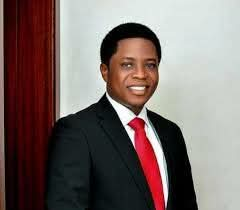
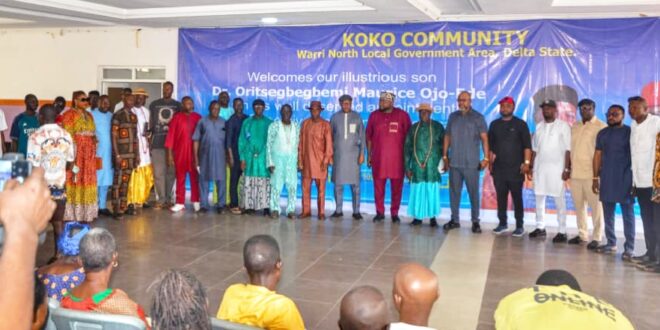
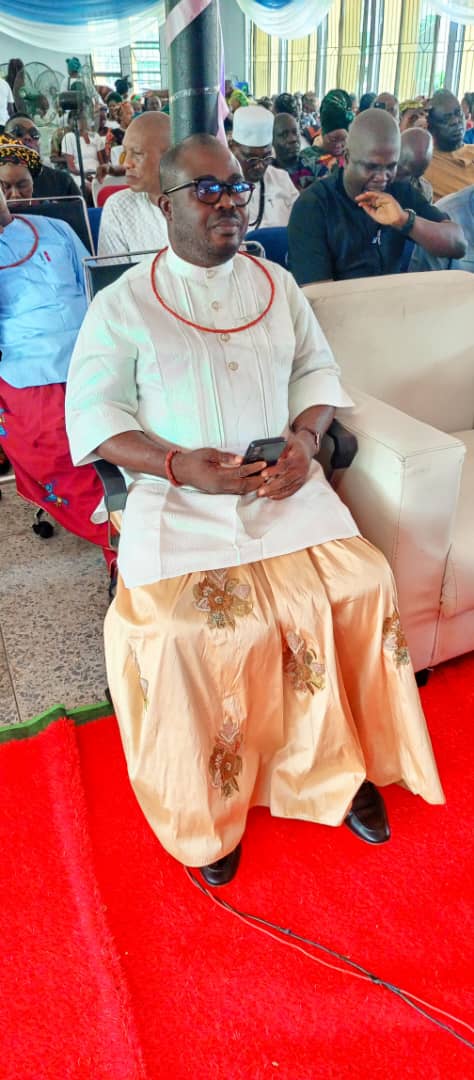
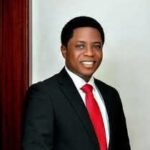
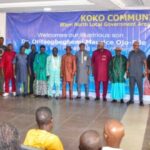
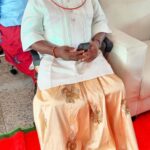
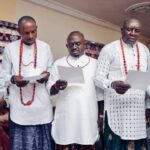
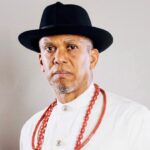
Leave a Reply